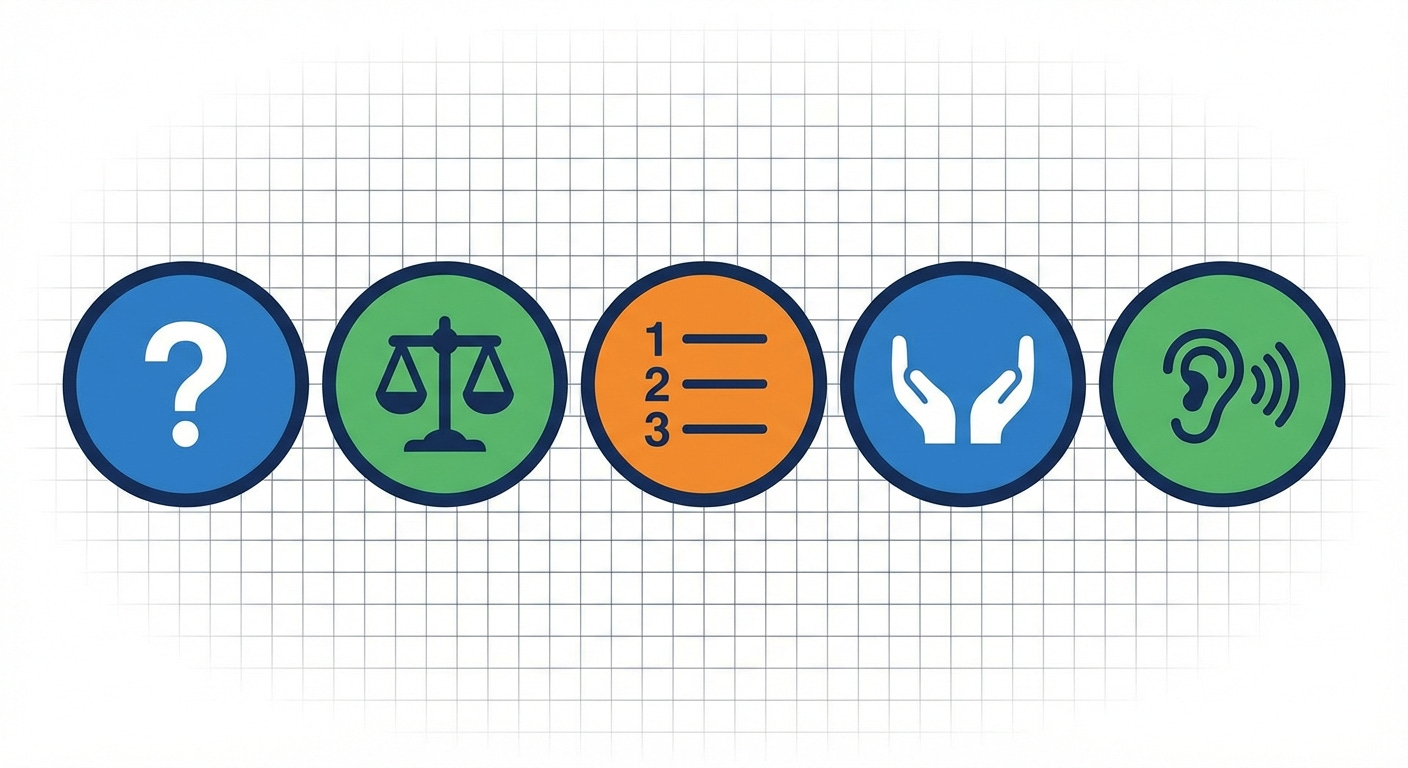5 Signals I’m Looking for When Interviewing Software Engineers
Based on hundreds of interviews for Big Tech companies and startups
Throughout my 14-year career in Tech, I’ve interviewed so many software engineering candidates I lost count of—probably over 400 if I were to eyeball it. I’ve also been on hundreds of interview panels and hiring committees.
In today’s article, I’m going to share the 5 most important non-technical signals that I pay attention to when making my hiring recommendation.
Why this matters
Whether it’s for Big Tech companies (such as Google and Uber) or startups, a coding round, or a systems design interview, my job as an interviewer is to assess whether a candidate will be successful in the role they’re interviewing for.
In a technical interview, solid technical skills and software engineering fundamentals are a must. However, that’s just half of the picture.
My goal is to also determine if I can work well with the candidates and if they will be effective in my team. I want to assess their trustworthiness, ability to handle uncertainty, and communication skills. I said this before and will say it again, software engineering is a team sport, and the best hires are team players.
Without further ado, here is what I’m looking for.



